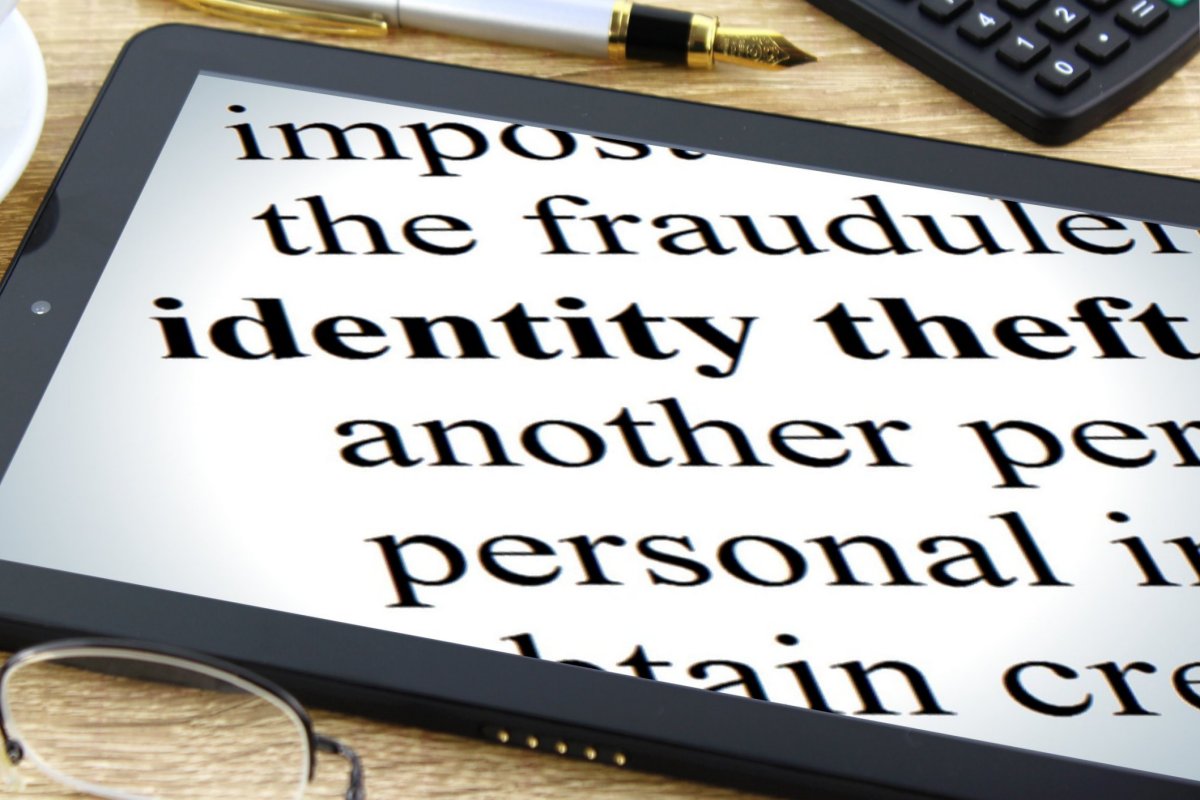
Losing your personal financial information can be one of the worst feelings imaginable.
Stop and think about what can happen when your financial details are in the hands of the wrong person or people.
To start, you could have trouble accessing money. If your account or accounts fall victim, you may have to put a freeze on them at once.
Second, your credit score can take a notable hit. Even when things become fixed with the bank or banks, it can be a period of time before you get a positive score back.
Last, you can have problems with your identity for years to come. Even in apprehending the culprit or culprits, did they pass the info along to others? Was the data exposed on the Internet?
If this scares you, it should.
By being pro-active with your credit information, you lower the odds of being the next victim.
So, do you think your financial information could very well be in the wrong hands?
Take a Stand Against Identity Thef
In your efforts to do all you can to avoid a thief breaching your financial information, keep in mind a few keys:
- Good commonsense – You may find surprise at how many people drop the ball with commonsense. For instance, someone goes to the bank to cash a check. While there, they get a phone call and become distracted. Someone that stands next to them copies down their account number that was sitting on a deposit slip. Next thing you know, that individual shares that number with other criminals. Now, do you want such sensitive information in the hands of people with bad intentions? Always guard such sensitive data. The only people who should see that information are you in the bank employee who waits on you.
- Know your credit score – How often do you take a look at your credit score? While some check it on a regular basis through one means or another, many others are oblivious to the score. As such, those in the latter group may very well not know someone is tampering with their credit card or cards. You should also consider signing up with a credit monitoring service. That service is there to warn you when one or more people are using your personal data to get credit. Last, in the event you lose one or more of your credit cards, be sure to alert the respective bank at once. They can cancel the card so that someone doesn’t go on a shopping spree at your expense.
- Internet isn’t foolproof – If you use the web on a regular basis, there’s a chance you do online banking. As such, you can become an identity theft victim before you know it. Be sure to never give out your personal login information with accounts and the like. Only you or your partner should be able to access such details. Like a business owner, have a solid anti-virus software available to protect you.
If your financial information doesn’t end up in the wrong hands? Take credit for being a smart consumer.